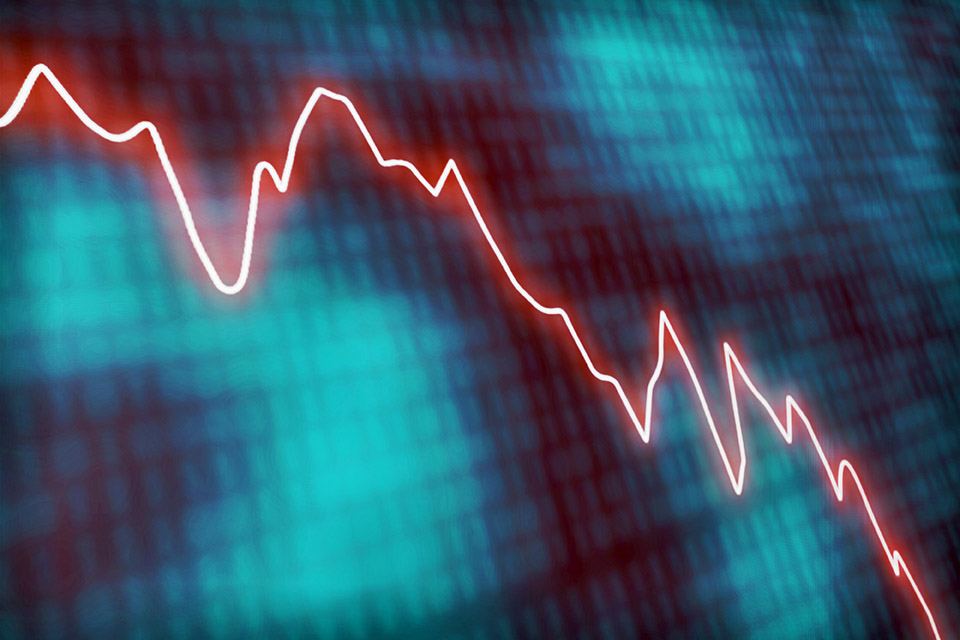
Clover has recently hired debt restructuring advisers. | antb/Shutterstock
Clover Technologies Group, the world’s largest collector of used printer cartridges, is suffering financial problems caused by heavy debt and the loss of two customers.

Clover has recently hired debt restructuring advisers. | antb/Shutterstock
Clover Technologies Group, the world’s largest collector of used printer cartridges, is suffering financial problems caused by heavy debt and the loss of two customers.
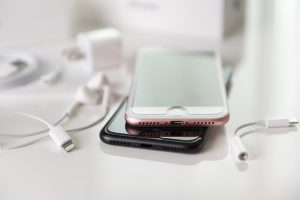 Several of the most popular older Apple iPhone models may be losing favor among consumers, an analysis suggests.
Several of the most popular older Apple iPhone models may be losing favor among consumers, an analysis suggests.
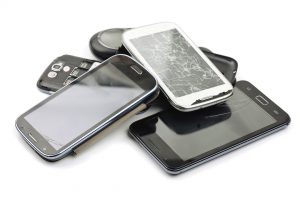 Florida-based Early Upgrade recently moved into a much larger warehouse and is buying a wider array of end-of-life devices.
Florida-based Early Upgrade recently moved into a much larger warehouse and is buying a wider array of end-of-life devices.
 With an eye toward demonstrating the variety and amount of metals available from e-scrap, geologists at an English university used a household blender to take a look inside a mobile device.
With an eye toward demonstrating the variety and amount of metals available from e-scrap, geologists at an English university used a household blender to take a look inside a mobile device.

More than a quarter of consumers are so concerned that data on their old mobile phones might be compromised that they wouldn’t trade in the devices, according to a survey.

In Uganda, end-of-life cell phones are collected before being shipped for recycling.
Tech companies are seeing boosted demand for environmental leadership, and e-scrap management concerns continue to mark developing countries. An enterprise in Europe is working to help out on both fronts.
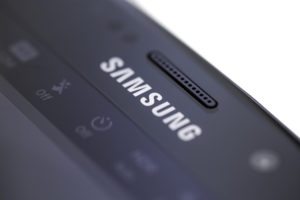 Samsung is teasing the 2019 release of a wholly different phone design: a device that can fold in half like a book.
Samsung is teasing the 2019 release of a wholly different phone design: a device that can fold in half like a book.
 Global e-commerce site eBay has launched a mobile device trading program, and the company says it will pay consumers more for their used phones than competitors.
Global e-commerce site eBay has launched a mobile device trading program, and the company says it will pay consumers more for their used phones than competitors.
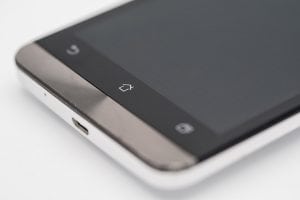 Even if consumers say smartphone repairability is important to them, brand popularity may be a more important factor in prolonging a device’s life, a study concluded.
Even if consumers say smartphone repairability is important to them, brand popularity may be a more important factor in prolonging a device’s life, a study concluded.
 A growing threat in the e-scrap sector received national analysis this week, when The Washington Post visited a processing facility and explored the danger of lithium-ion battery fires.
A growing threat in the e-scrap sector received national analysis this week, when The Washington Post visited a processing facility and explored the danger of lithium-ion battery fires.

